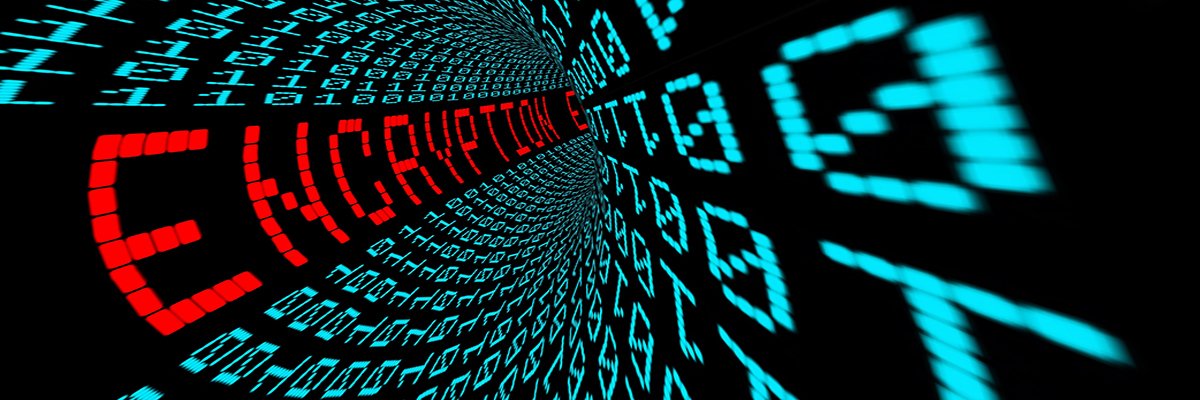The French Supreme Court has taken a significant step towards addressing the legality of evidence obtained by French law enforcement through hacking into the Sky ECC cryptophone network. In a move that could have "significant consequences" for legal proceedings in the European Union, the court has asked the European Court of Justice to determine whether French law complies with European law.
The request comes after the French courts refused to hear an appeal from a German citizen who sought to challenge the legality of French hacking operations into the Sky ECC network. The Joint Defence Team, a coalition of defence lawyers, is challenging the French government's actions, arguing that France breached European law by obtaining millions of encrypted messages without grounds for suspicion against the individuals targeted.
The defence team also claims that France failed to notify other EU states in advance about when they intercepted messages from phones outside of French territory, denying them the right to object to the operation. This omission is seen as a breach of European law and an infringement on the rights of individuals who may be affected by the evidence obtained through hacking.
Individuals facing prosecution have been denied the right to challenge the lawfulness of the French hacking operations in their own country, due to the "mutual recognition" principle that requires EU member states to accept evidence provided by other member states under European Investigation Orders (EIOs).
At the same time, people have been denied the right to challenge evidence in the French courts, leaving those charged with offences based on intercepted Sky ECC or EncroChat messages without legal recourse to appeal. This has raised concerns about the accountability of law enforcement agencies and the protection of individual rights.
The case highlights the tension between national security interests and individual privacy rights. The hacking operation, which was carried out by French police in collaboration with Belgian and Dutch authorities, resulted in the arrest of 6,500 individuals worldwide and the seizure of nearly €900m in cash and assets.
French lawyer Christian Lödden has said that the operation "amounted to a mass surveillance operation" against 170,000 devices across the world, without concrete grounds for suspicion under European law. He described the situation as "totalitarianism, not the rule of law."
The French Supreme Court's decision has created a possibility for individuals to challenge the legality of the evidence obtained through hacking, and it is expected that the European Court of Justice will take up to a year and a half to respond. The outcome could have significant implications for legal proceedings in the EU and raise important questions about the balance between national security and individual privacy rights.
The case also highlights the importance of transparency and accountability in law enforcement operations. The French government's failure to notify other EU states in advance about their hacking activities has raised concerns about the lack of oversight and control over these operations.
